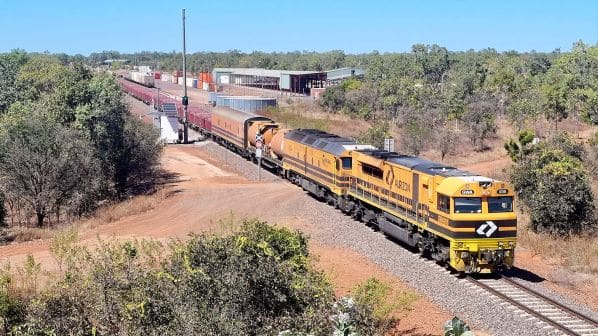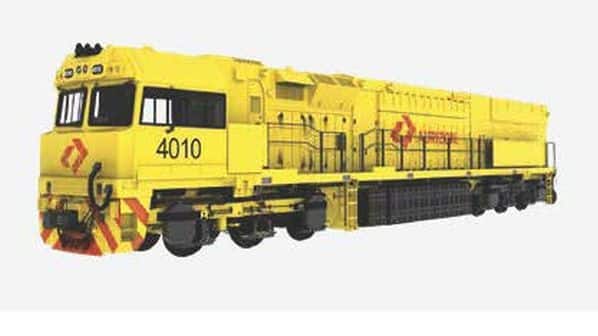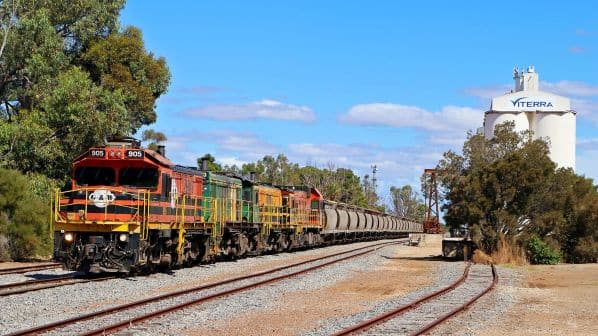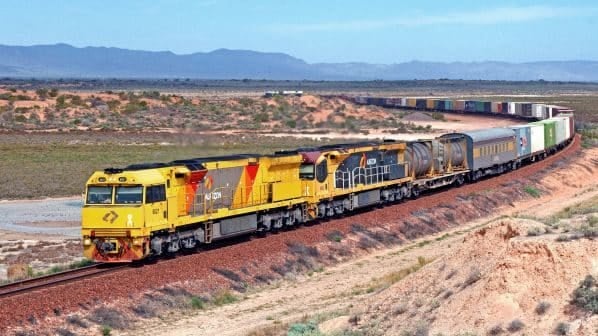AUSTRALIAN freight operator Aurizon has outlined aspirations to grow its inter-state containerised rail freight volumes to more than 500,000 TEU by fiscal year 2030.
The operator confirmed its intentions during a recent investors call. As part of this strategy, Aurizon says it will include potential land-bridging solutions for customers as a natural extension of its assets and capabilities, including direct rail access to the Port of Darwin.
Aurizon announced it was re-entering the inter-state intermodal market in Australia in February 2023.
It is currently running two weekly return services between Melbourne and Perth with further expansion expected before the end of the year.
“Our operational footprint covers each mainland state and the Northern Territory, with a large fleet of locomotives and wagons, and Aurizon-managed rail infrastructure running direct into the Port of Darwin, the nation’s northernmost port serving Asian markets,” says Mr Andrew Harding, Aurizon managing director and CEO.
“We are excited to explore land-bridging opportunities, which are a natural extension of the national inter-state capacity we are establishing. Darwin's proximity to Asia combined with our existing assets make it a logical location to offer a land-bridging solution.”
Aurizon modelling shows that containers from Shanghai to Melbourne – one of the big volume routes from Asia to Australian markets – could be delivered approximately seven days faster through land-bridging by rail through Darwin. Faster rail services will offer an estimated saving of up to eight days (9-10 days transit express and 12-13 days standard) compared with the current maritime journey of 17 days.
Aurizon holds a 30-year lease to operate the 2250km Tarcoola - Darwin line, and the East Arm of the Port of Darwin. Two mobile harbour cranes for its Darwin operation are scheduled for delivery by the end of 2023, each with a capacity to lift 15 containers per hour.
The six return intermodal services per week on the Darwin corridor have an annual capacity of 150,000 TEU, primarily transporting consumer goods, general freight, construction materials and bulk liquids, operating over distances and terrain that Aurizon says gives rail a natural advantage.




